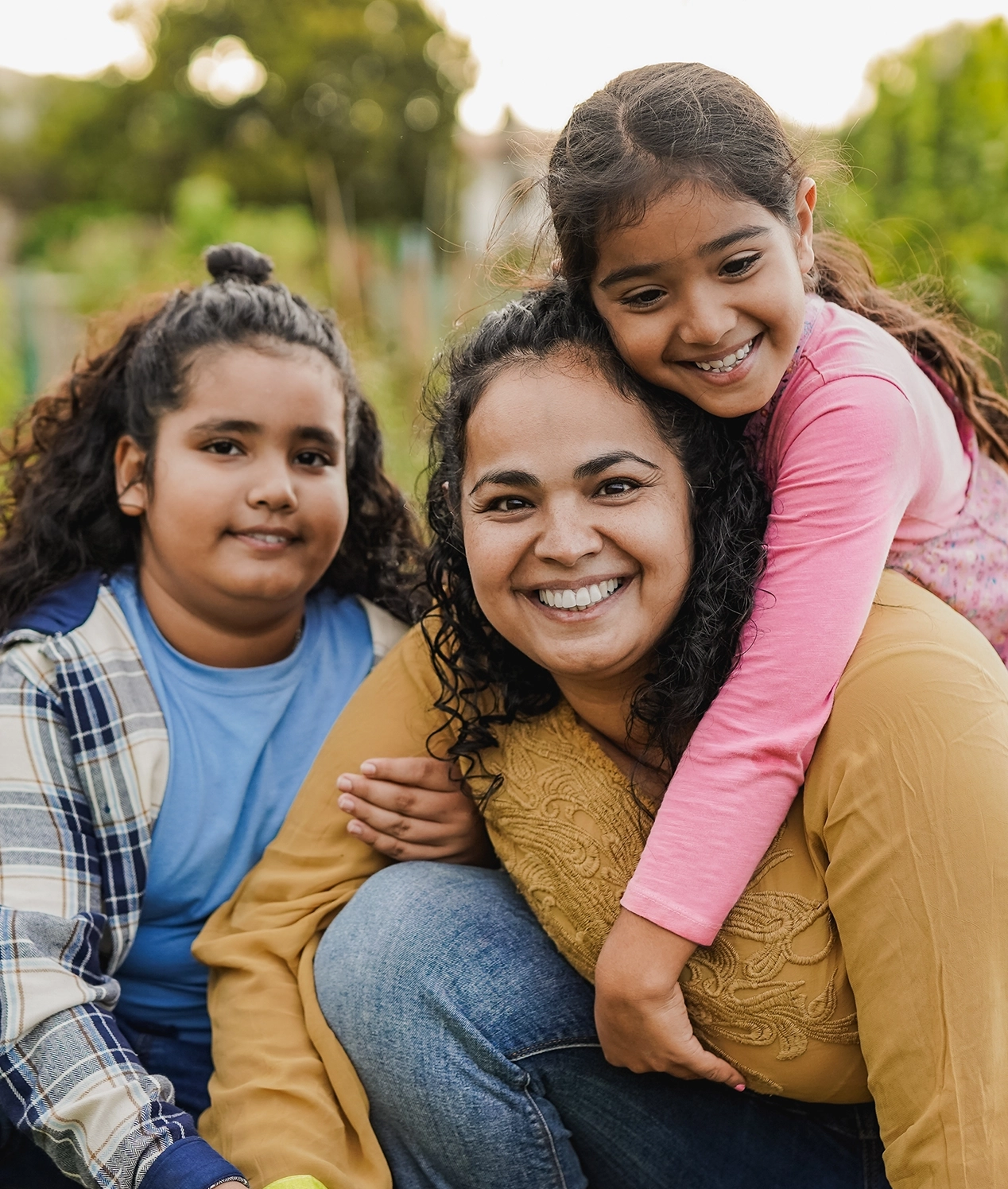Remember why you’re here. You’re going to be more successful at quitting smoking if you create a plan. Here are some things you can add to your checklist to get started:
Tips for Quitting
Quit Date
Set a date to quit.
Ditch the Products
Get all tobacco and vaping products out of your house.
Stay Smoke-free
Avoid places where you used to smoke or vape.
Get Support
Take advantage of approved quit medications such as nicotine patches, gum, and lozenges.
Write It Out
Write down the reasons why you are quitting.
Stay Strong
Learn to fight cravings when they strike.

Fighting Cravings
- Make an effort to avoid socializing when others are smoking or vaping since it will make you crave a cigarette or vape even more.
- If you have a trigger that gets you craving that cigarette or vape, like drinking your morning cup of coffee or driving in a car, try mixing it up. Consider putting your pack of cigarettes or vapes in the trunk of your car or switching to tea to take away that trigger that makes you want to light up.
- Occupy your mouth. When a craving hits, use gum, mints, a straw, or a toothpick.
- Picture it. Put a photo on your phone of something that motivates you to quit. Perhaps a picture of your family or pet, or something to buy with the money you’ll save by quitting.
CDC Tips
Check out 5 reasons why calling a quitline can help you be successful, according to the Centers of Disease Control and Prevention (CDC).
Lung Cancer Screening
Lung cancer screenings can help find cancer before it spreads too far. For those who are at high risk of disease either because they are a current smoker or because of their age and smoking history, a lung cancer screening can help identify and address it early.
The U.S. Preventive Services Task Force (USPSTF) recommends yearly lung cancer screening for people who meet all three of the following criteria:
Saved By The Scan
If you smoke or smoked in the past, take this short quiz to see if you should be screened.
Youth Vaping
If you are looking for resources to help a youth or young adult quit smoking, visit our youth-based site, VapeFreeCT, for tips, support and more.
